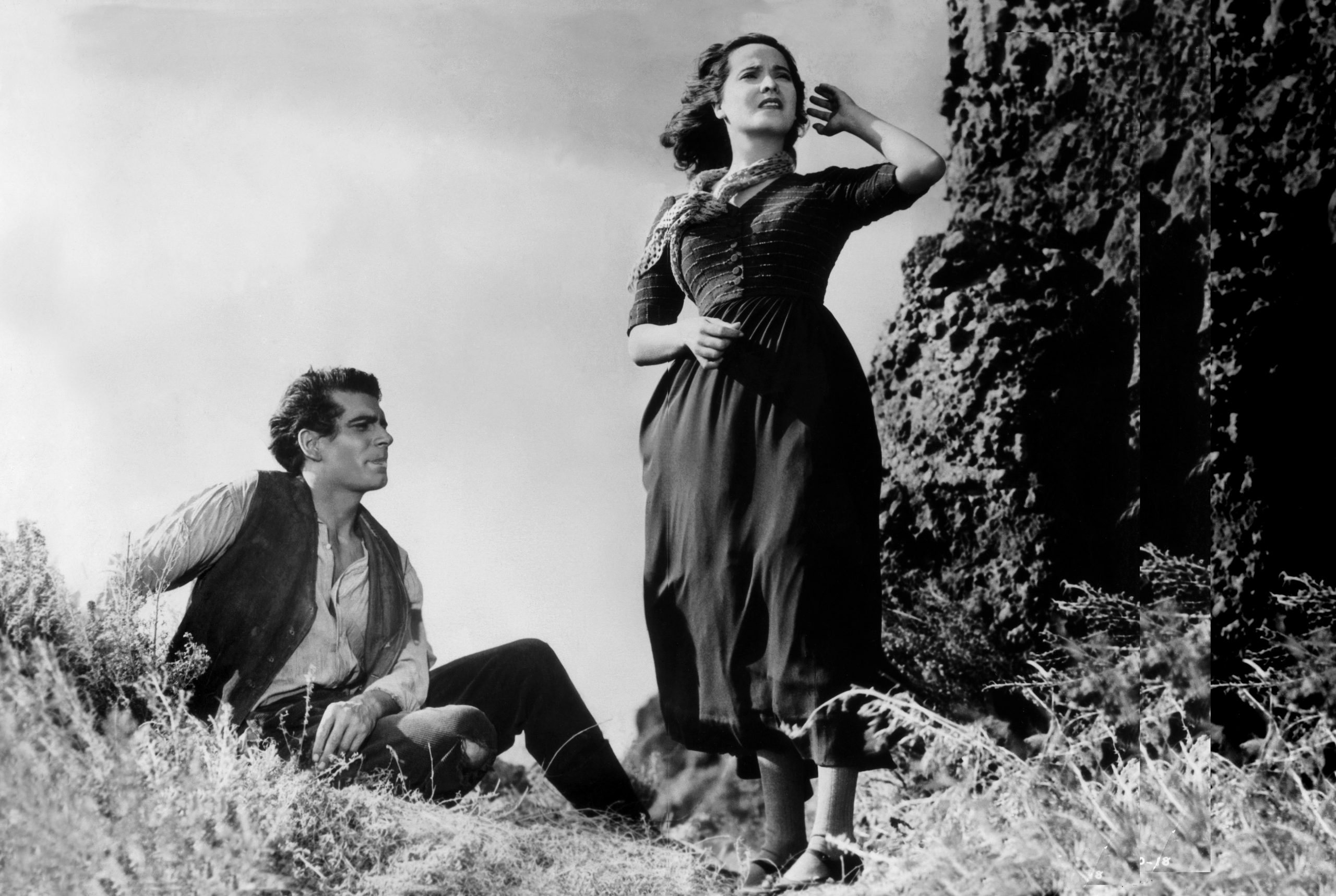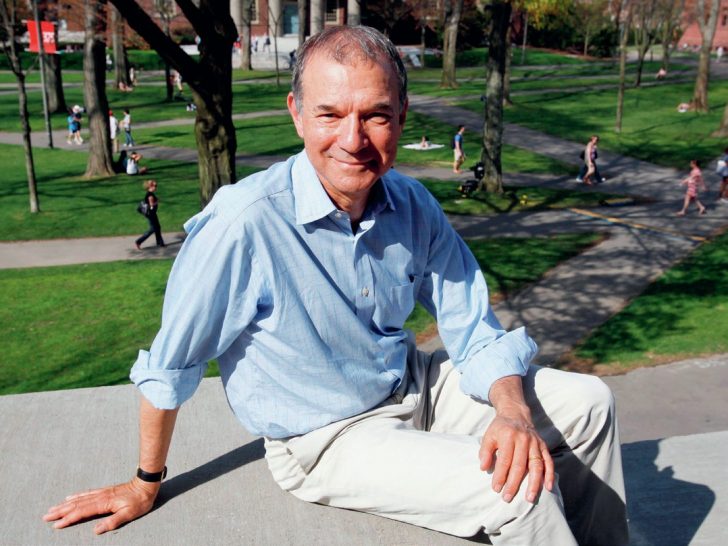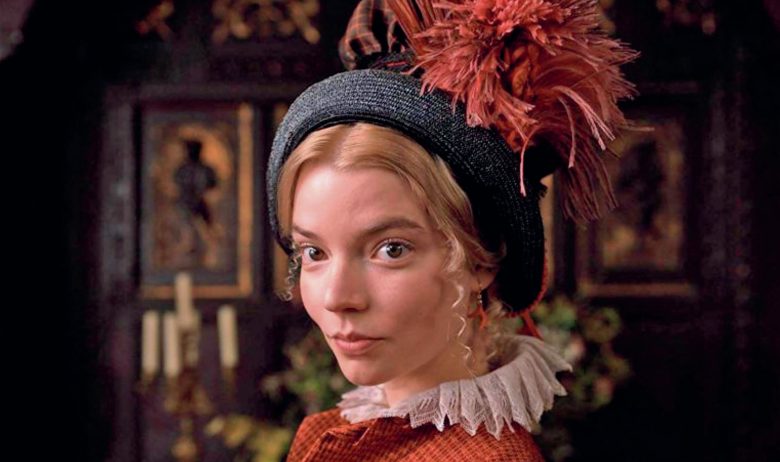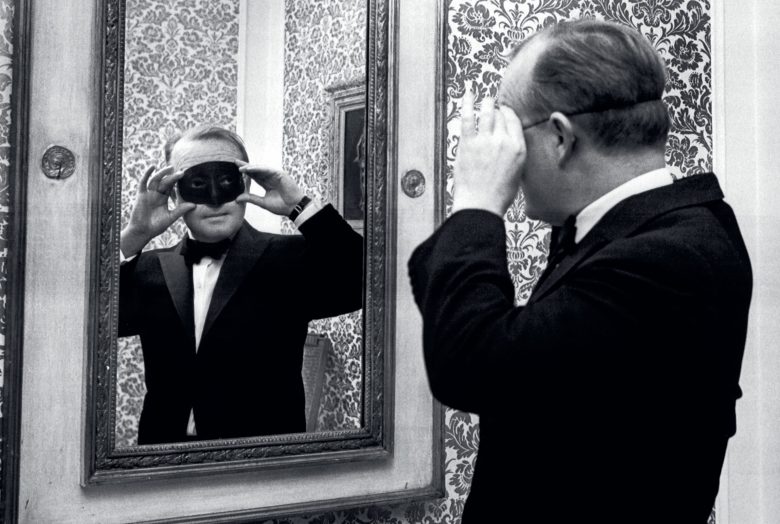
Wuthering Heights is an AS text on Edexcel, OCR and AQA A, and an A2 text on AQA B
Heathcliff has become one of the great romantic heroes of English literature, but on any rational basis it is at first sight difficult to justify this adulation. When we consider what Heathcliff does in the course of the book, we find that it adds up to an appalling catalogue. Admittedly, after Mr Earnshaw’s death he experiences degrading treatment at the hands of Hindley, but, like Iago in Othello, the revenge he subsequently takes seems out of all proportion to the wrong he has suffered. He drives Hindley quite deliberately to an early death; he certainly contributes to Catherine’s death and thus indirectly to Edgar Linton’s; he treats his own son abominably and does nothing to save him from a highly premature death; he probably would have ended up killing Isabella, had she not had the wit and guts to run away, and he sets out to corrupt and degrade Hareton. As far as everyone else in the book is concerned, with the obvious exception of the first Catherine and to some extent Nelly, for whom he has an occasional soft spot, he treats them in ways that range from the indifferent to the brutal, and that includes the inoffensive Lockwood.
Your organisation does not have access to this article.
Sign up today to give your students the edge they need to achieve their best grades with subject expertise
Subscribe




